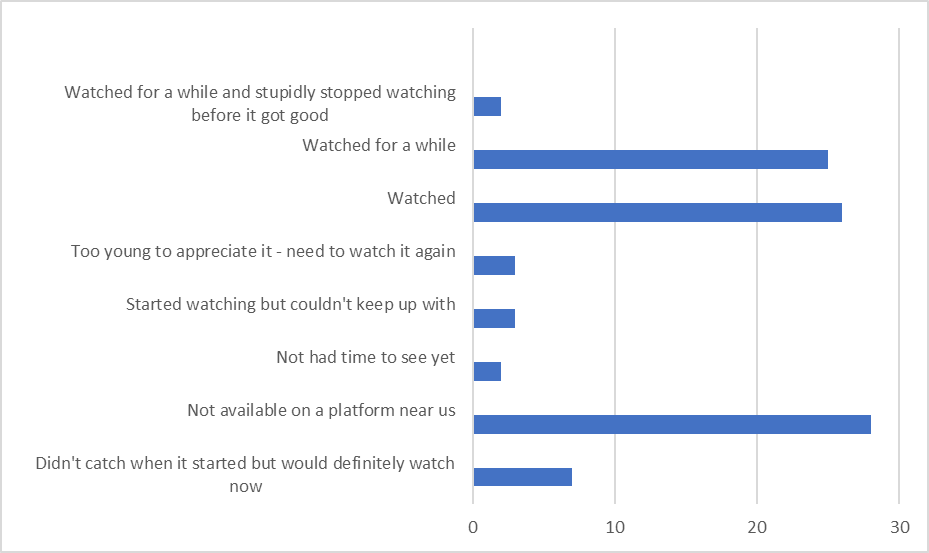
Around about mid-October, I could hear – courtesy of the world wide web – a distant wailing and gnashing of teeth but not of biblical proportions. More the odd e-mail.

Around about mid-October, I could hear – courtesy of the world wide web – a distant wailing and gnashing of teeth but not of biblical proportions. More the odd e-mail.

A conference I could attend that I didn’t have to work at and was indeed about my topic of interest? Wow! From 25 th – 27 th October 2023 the biennial ECREA Television Section Conference, Redefining Televisuality: Programmes, Practices, Methods was held at the Film University Babelsberg in Potsdam, Germany, relating to John T. Calldwells (1995) concept of televisuality.

As a participant of the conference Redefining Televisuality: Programmes, Practices, Methods at the Film University Babelsberg I attended the panel on ‘Television Ontology’. All the seats in the room were taken. Every presenter only had 15 minutes, so at the end it felt like we had all completed a marathon sprinting. But let me present to you the information that I found most interesting along the way.

Last Thursday, as I left my house to get the train into my office, I glanced at my phone to see a message from my sister. Whilst this event was in itself not unexpected, the contents of the message was. ‘Bad news,’ it started.

From 25 to 27 October 2023, Film University KONRAD WOLF opened its doors for the conference “Redefining Televisuality: Programmes, Practices, Methods“. On the last day of the conference, Friday, 27 October, various TV formats were the focus of discussion. The panel “TV-Formats” gathered leading experts in media studies. Anne Marit Waade, a researcher at Aarhus University, is known for her work on media tourism and landscapes.
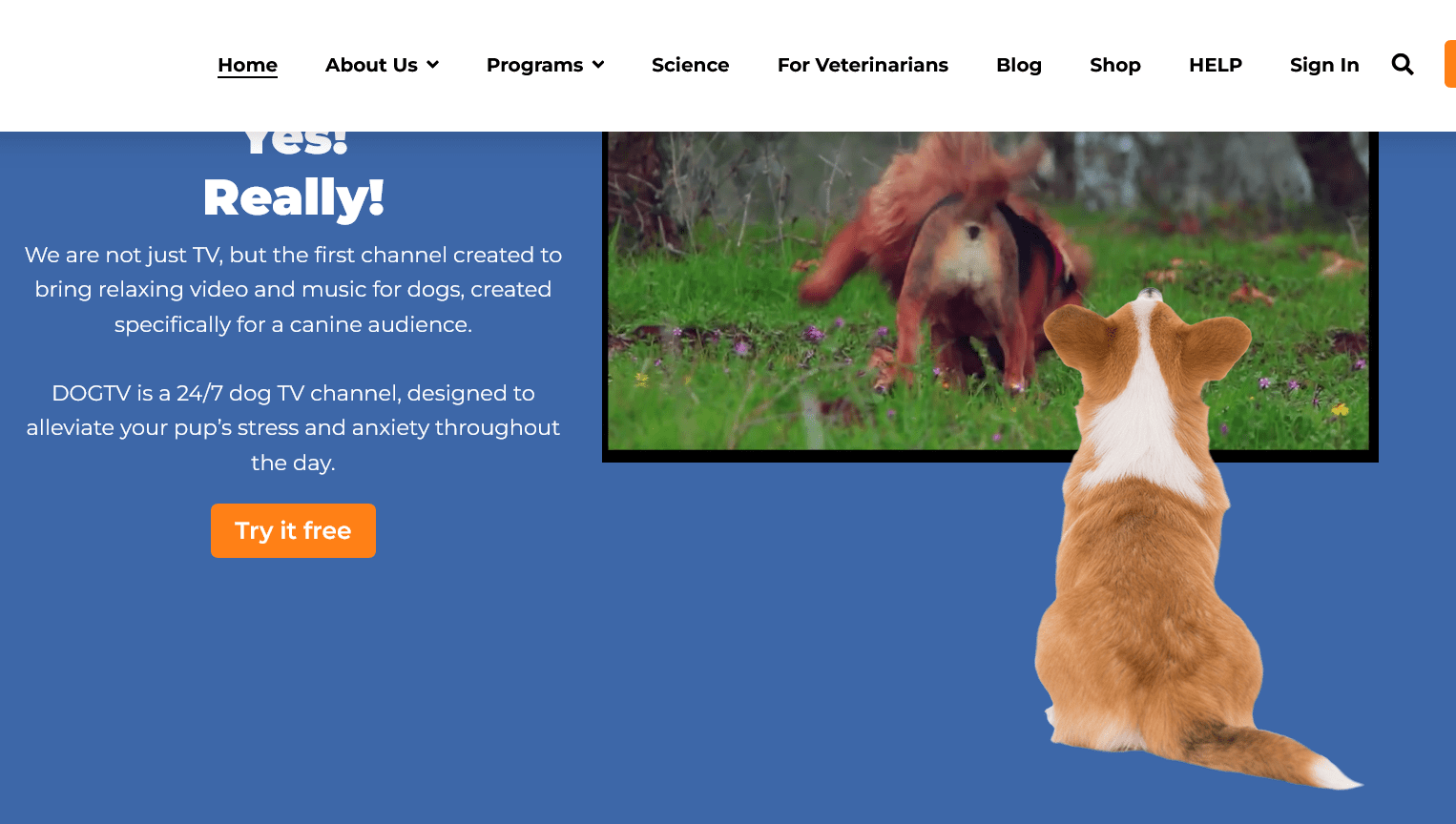
The idea of television for dogs sounds like it should be part of a Monty Python (BBC, 1969-1974) sketch but it is a genuine subscription-cable television station available transnationally. Offering programming such as ‘Stimulation,’ ‘Relaxation’ and ‘Exposure,’ on its homepage (accessed 12/11/23), Dog TV advertises itself as: Fig.

Children’s and youth media was on the top of the agenda when more than 50 film and media scholars from all around the world convened at the University of Copenhagen 9-10 November for the conference ‘Reaching Young Audiences: Investigating media content for children and young people in a multi-platform era’. The conference marked the culmination […]
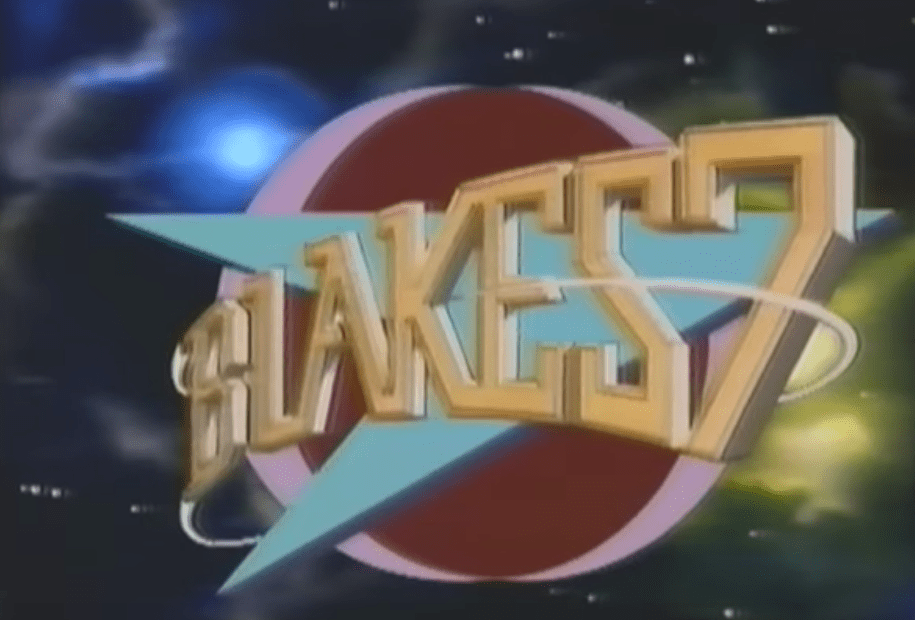
The older I get, and the more societies, cultures and (increasingly-authoritarian) governments I encounter, the more I think about Blakes 7 (BBC, 1978-1981). There is no actual apostrophe in the title, implying, perhaps, the German possessive rather than the English and tying the oppressive, totalitarian dystopia seen in the series back to the Nazis, a common point of reference in the works of Terry Nation.[1] For those unfamiliar with
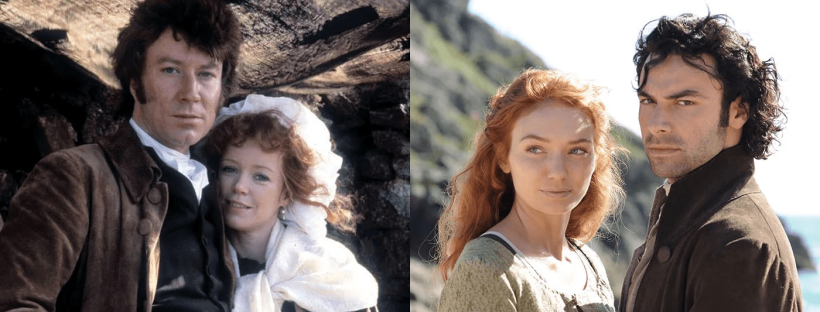
TW/CW: Discussions of sexual assault, rape Poldark has been a part of my life – personal and academic – for over four decades.
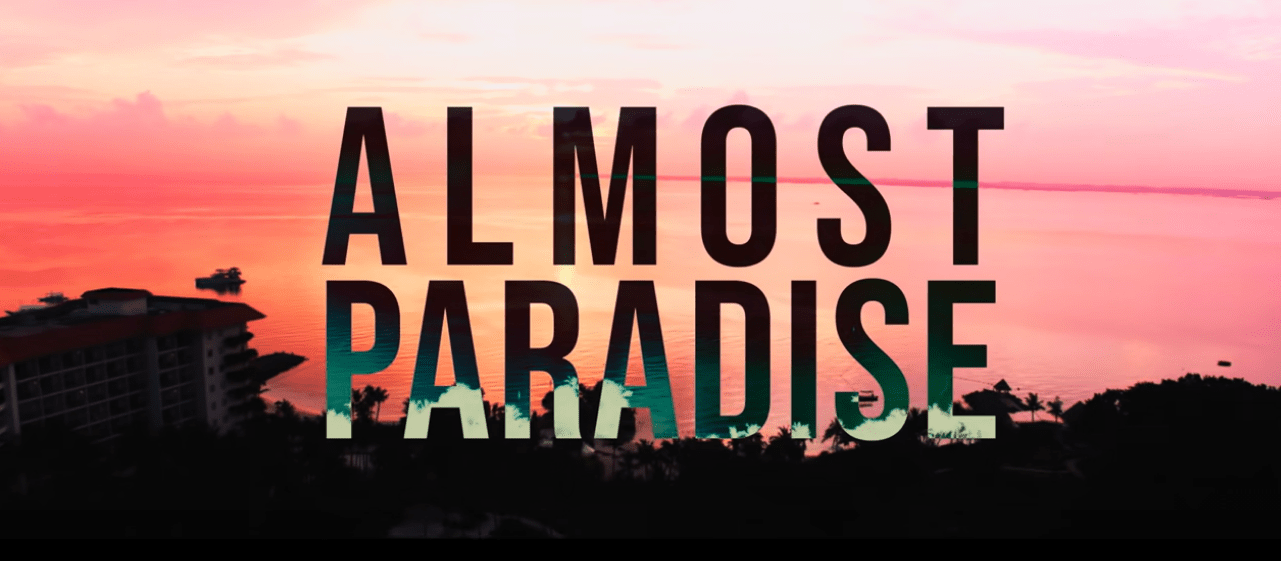
Sun, sea and only moderate engagement with omnipresent social problems other than those which can be resolved in a 42-minute action-adventure/comedy-drama/pseudo-private-investigation series – if that seems familiar then you may have seen promos and/or the occasional episode of Almost Paradise (WGN/ABS-CBN 2020; Amazon Freevee/ABS-CBN 2023), a US-Philippines co-production with a complicated production history.